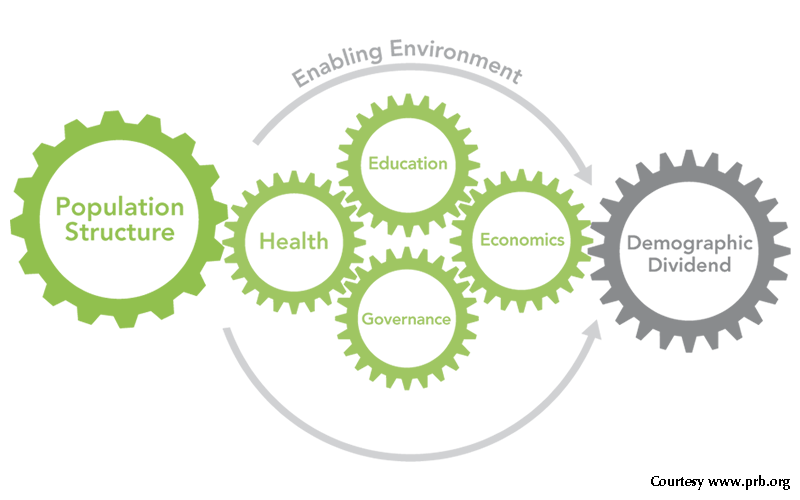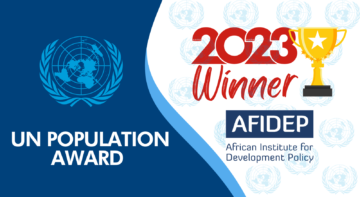News

Demography is not destiny, but population dynamics can have profound impacts on the course of history. Ministers across sectors, from health and education to finance and security, are talking about the “demographic dividend””the economic boost that comes from falling birthrates and strategic investments.
Researchers and policymakers alike are asking: what can we learn from countries like South Korea and Singapore, where the demographic dividend accounts for roughly a third of the vibrant economic growth seen in recent decades? How can today’s low-income countries follow suit to lift billions from poverty and develop sustainably?
The Aspen Institute 9th roundtable in the 7 BILLION series will feature the latest thinking on this issue on how to create and seize the opportunity for demographic dividend. Most importantly, panelists will show that while it is by no means a guarantee, it can be done: with the right policies and investments, low-income countries can catalyse economic growth and set course for a sustainable and prosperous future.
The roundtable will feature:
Shantayanan Devarajan, Chief Economist, World Bank Africa Region
Eliya Zulu, Executive Director, AFIDEP
Steven Feldstein, Director, Office of Policy, Bureau of Policy, Planning and Learning, USAID
Moderated by Peggy Clark, Executive Director, Aspen Global Health and Development, and Vice President, Policy Programs at the Aspen Institute.
It will take place the Aspen Institute| One Dupont Circle NW| Suite 700| Washington, DC. Thursday April 4, 2013 from 3:15pm.
Please RSVP at www.aspeninstitute.org/GHD/7Billion OR if you can’t attend in person? Join the live webcast at www.aspeninstitute.org/live
7 BILLION series is made possible with generous support from USAID, UNITED NATIONS FOUNDATION, the David & Lucile Packard Foundation and the William and Flora Hewlett Foundation.
Related Posts





